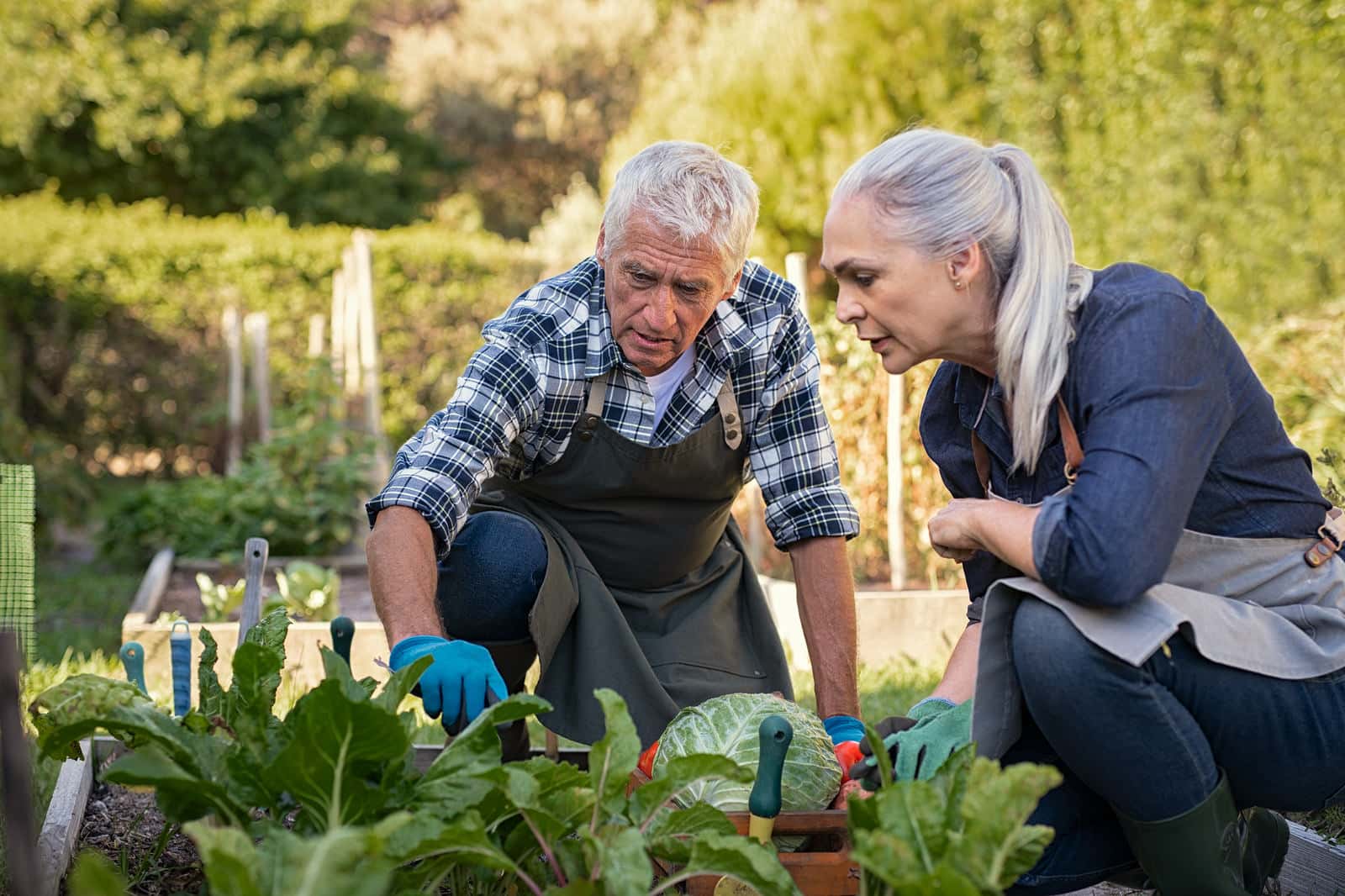
Over the last decade or so, people have become accustomed to the idea of plant-based diets. Even those who don’t wish to follow a vegetarian pattern of eating are looking to incorporate more plants, especially whole relatively unprocessed plants, into their diets. Researchers have demonstrated that individuals who eat more vegetables are generally healthier than those who load up on processed foods. But does it matter which plants you choose? Specifically, should you be eating stressed plants? And if so, how do you find them?
Stressed Plants as a Tool to Slow Aging:
Q. You interviewed a doctor on your radio show who recommended eating stressed plants. What does that mean? Where would I find them? And what is the point?
A. Dr. David A. Sinclair, author of Lifespan: Why We Age—and Why We Don’t Have To, is an expert on the factors that contribute to good health in later years. He has studied the effects of plant compounds such as resveratrol and sirtuins on aging in mice (for example, Free Radical Biology & Medicine, Sep. 2019).
Plants make a range of such defensive compounds when insects start eating them or they don’t have enough water. So the stressed plants you seek would be grown in your own backyard or at the farmers’ market. Organically grown fruits and vegetables have to work harder to defend themselves than plants grown with fertilizers and pesticides. Consequently, they could be a good choice at the supermarket.
Dr. Sinclair offered a number of other suggestions beyond eating stressed plants for aging well. For more information, you might want to listen to Show 1198: How You Can Age Better.
Citations
- Palmeira CM et al, "Mitohormesis and metabolic health: The interplay between ROS, cAMP and sirtuins." Free Radical Biology & Medicine, Sep. 2019. DOI: 10.1016/j.freeradbiomed.2019.07.017

